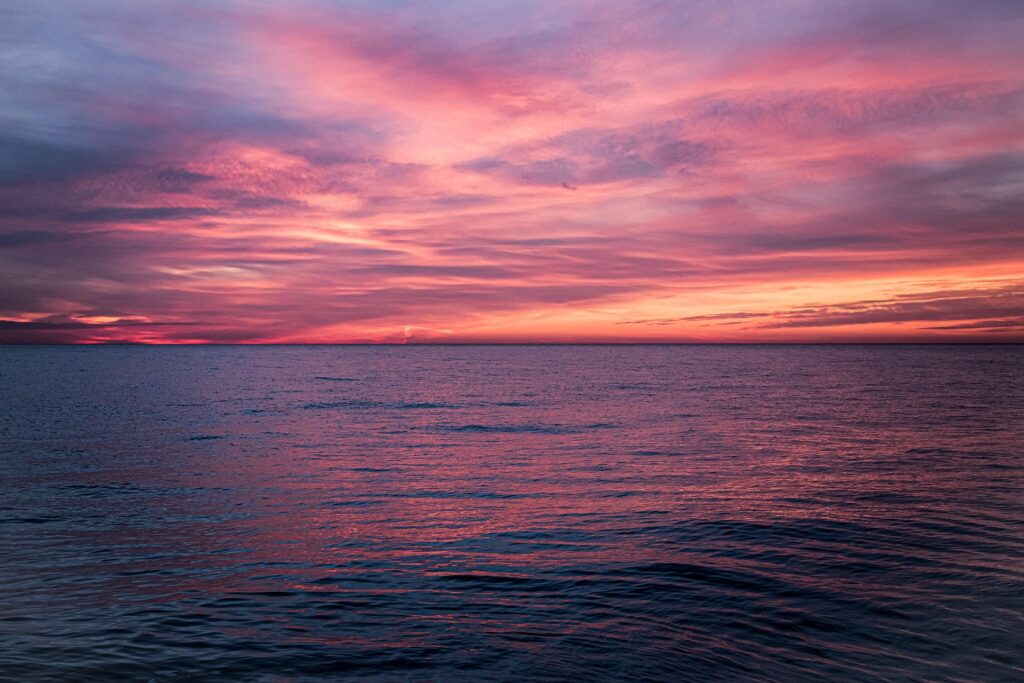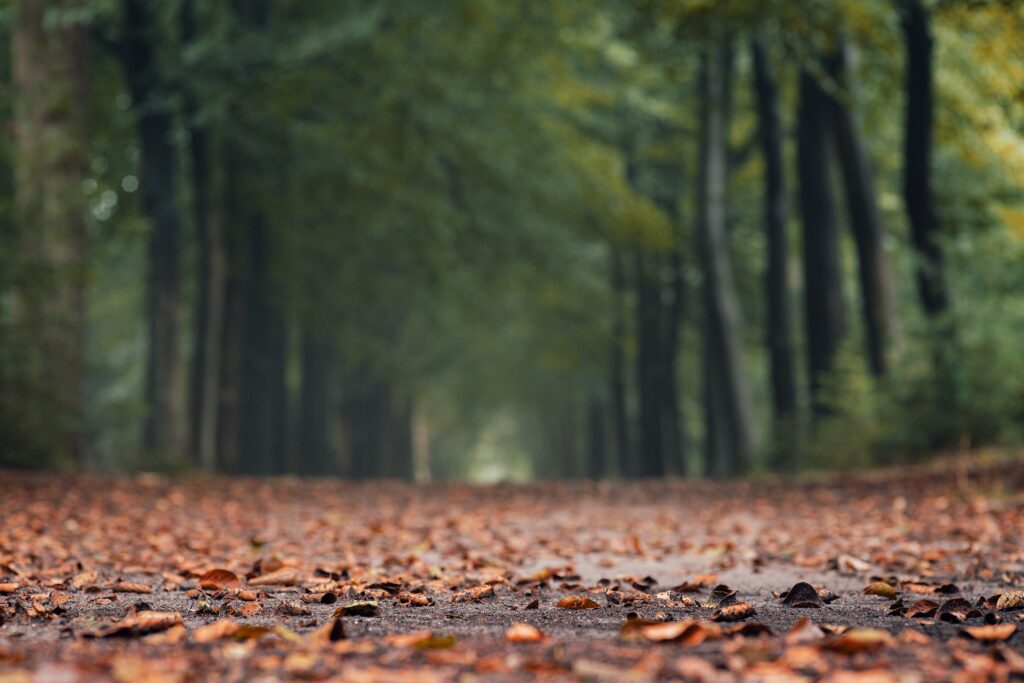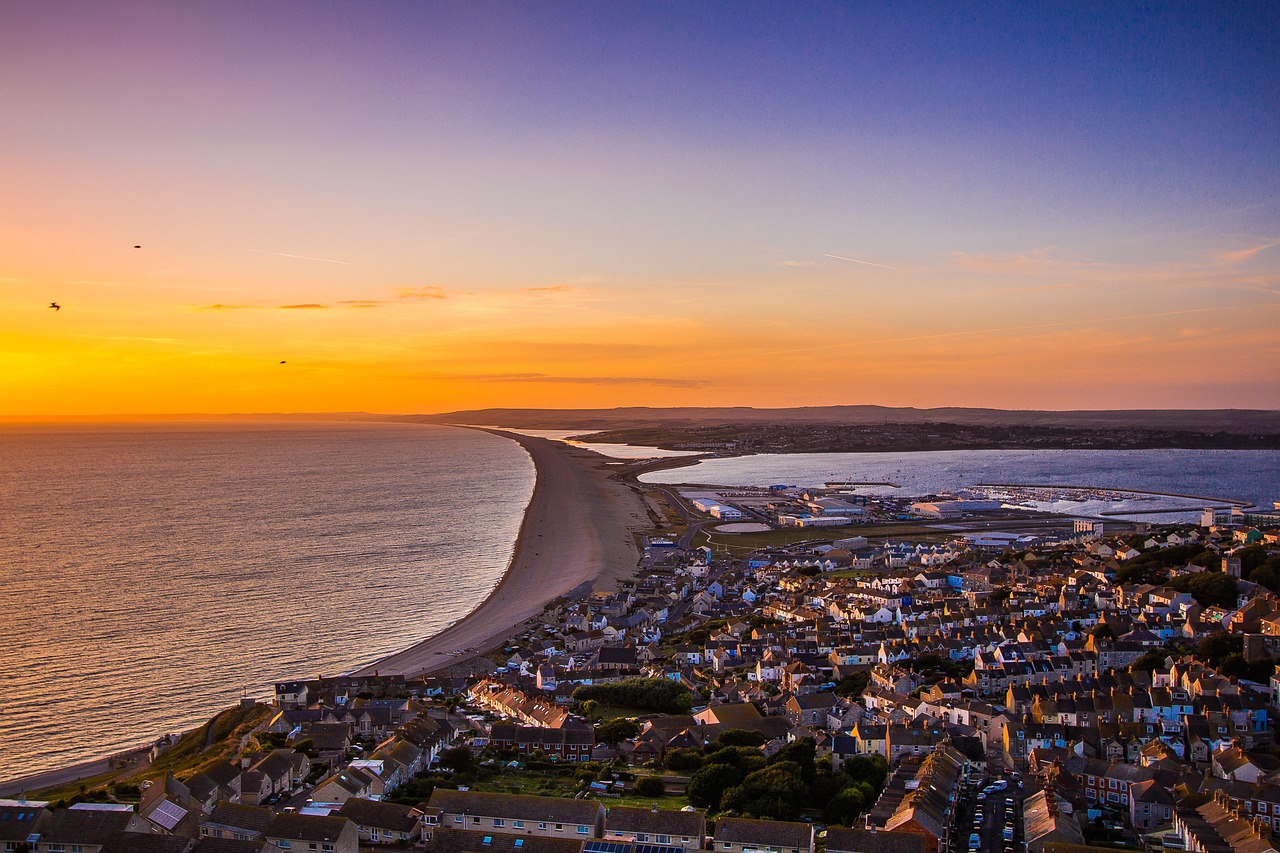Climate and Weather Patterns
Portland enjoys a temperate oceanic climate that attracts people seeking moderate weather year-round. The city experiences mild, wet winters with average temperatures ranging from 35-45°F (2-7°C), while summers are warm and dry with temperatures typically between 65-80°F (18-27°C). This Mediterranean-like summer pattern means residents can enjoy months of sunshine and outdoor activities without the oppressive heat found in many other American cities.
The city receives approximately 36 inches of rainfall annually, with most precipitation occurring between October and April. Contrary to popular belief, Portland doesn’t rain constantly – summer months are remarkably dry and sunny. The rain comes in gentle, steady patterns rather than violent storms, creating lush green landscapes that define the Pacific Northwest aesthetic. Snow is rare, occurring only a few days per year, making winter navigation manageable for residents.
One unique aspect of Portland’s climate is its dramatic seasonal variation in daylight. Summer days stretch until 9 PM, providing ample time for outdoor recreation, while winter days are shorter but cozy, contributing to the city’s famous coffee culture and indoor gathering spaces.


Natural Environment and Geography
Portland’s location in the Willamette Valley creates an extraordinary natural playground that draws outdoor enthusiasts from around the world. The city sits at the confluence of the Willamette and Columbia Rivers, surrounded by volcanic peaks including Mount Hood, Mount St. Helens, and Mount Adams, all visible on clear days from various city viewpoints.
The urban forest canopy covers nearly 30% of the city, earning Portland recognition as one of America’s greenest cities. Forest Park, stretching over 5,000 acres, is one of the largest urban forests in the United States, offering miles of hiking trails just minutes from downtown. The city’s commitment to green spaces includes over 280 parks, creating pockets of nature throughout urban neighborhoods.
Within two hours of downtown Portland, residents can access dramatically different ecosystems: the rugged Oregon Coast with its dramatic cliffs and beaches, the Cascade Mountains with pristine alpine lakes and ski resorts, the Columbia River Gorge with its spectacular waterfalls including Multnomah Falls, and high desert landscapes to the east. This geographic diversity means weekend adventures can range from surfing to skiing, often in the same season.
The region’s volcanic soil, combined with the mild climate, creates ideal conditions for agriculture and viticulture. The Willamette Valley produces world-renowned Pinot Noir wines, while the surrounding areas yield everything from hazelnuts to craft brewing hops, contributing to Portland’s reputation as a foodie destination.

Why People Choose Portland
The combination of climate and natural beauty creates a lifestyle that attracts specific demographics seeking work-life balance. Tech workers from Silicon Valley move north for affordable housing and outdoor recreation access. Creative professionals appreciate the city’s support for arts and alternative lifestyles. Young families value the environmental consciousness and outdoor education opportunities for children.
Portland’s “15-minute city” concept means most residents can access work, shopping, and recreation within a short bike ride or public transit trip. The extensive cycling infrastructure, including over 400 miles of bike lanes and paths, allows year-round commuting thanks to the mild climate. Many residents embrace car-free or car-light lifestyles, contributing to the city’s environmental goals.
The climate supports a unique urban agriculture movement, with backyard gardens, community plots, and urban farms thriving throughout the city. Farmers markets operate year-round, connecting residents to local food systems and sustainable living practices.
Portland’s environmental consciousness extends beyond individual choices to city-wide policies. The urban growth boundary protects surrounding natural areas from sprawl, while green building standards and renewable energy initiatives make the city a leader in sustainability. This environmental focus attracts people who want their lifestyle choices to align with their values.
The natural setting also supports Portland’s famous craft brewery scene – the pure mountain water and local agricultural products create ideal brewing conditions. The outdoor culture encourages social gathering spaces like beer gardens and food cart pods, where people connect over shared environmental values and outdoor adventures.
Climate change considerations increasingly drive relocation decisions, and Portland’s temperate climate and proactive environmental policies appeal to people seeking long-term sustainability. The city’s preparation for climate adaptation, combined with abundant water resources and renewable energy potential, positions it as a climate refuge for future decades.

